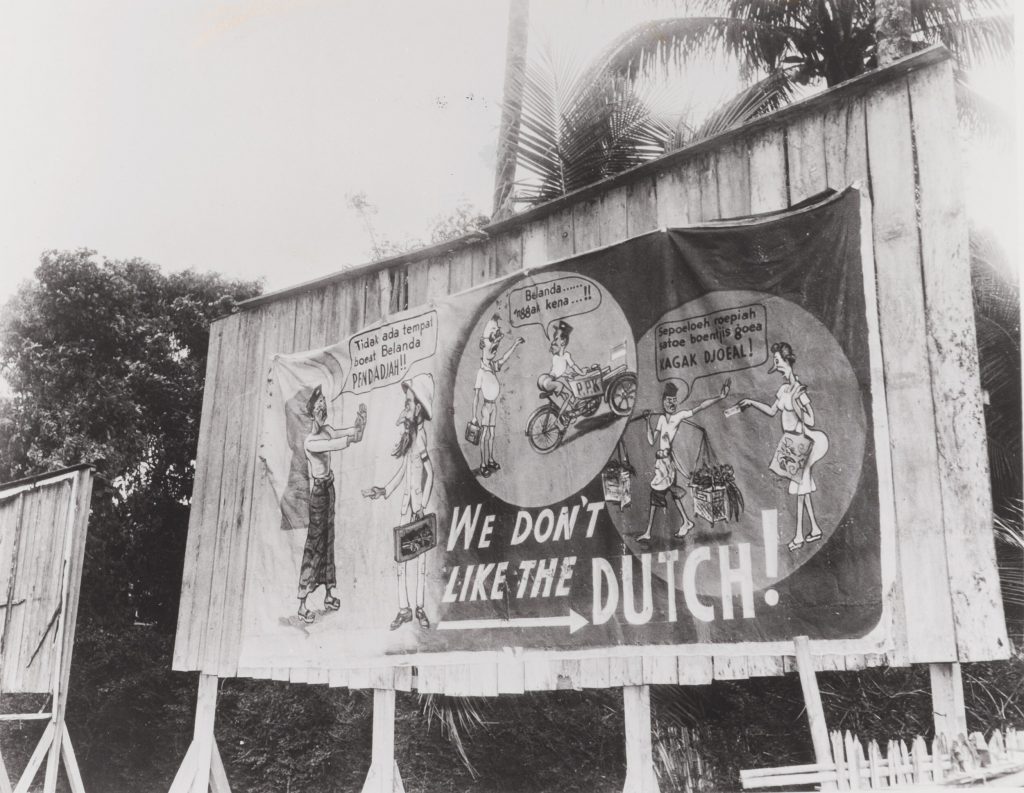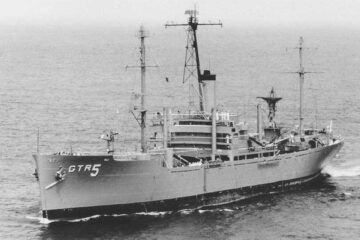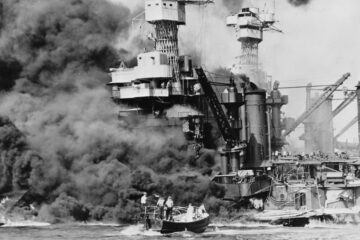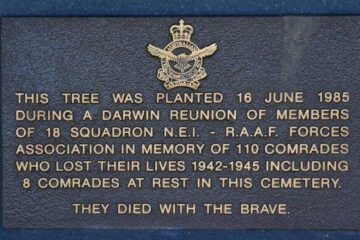This paper by Dr.Nonja Peters presents a comprehensive exploration of Australia’s involvement in Indonesian independence and the complex historical narrative surrounding the Dutch East Indies during and after World War II. It addresses the “History Wars” between Dutch and Indonesian perspectives on Indonesian independence, focusing on critical issues such as the Bersiap period (1945-1946), the role of Australian unions and political movements, and the treatment of Dutch POWs and internees. The draft also examines Japan’s influence on the radicalisation of Indonesian youth and the subsequent violence that erupted as part of the nationalist revolution.
Key themes of the draft include:
- Dutch and Indonesian Conflicting Narratives: The ongoing historiographical debate over when Indonesia achieved independence—1945 or 1949— is central, as is the under-recognised suffering during the Bersiap period.
- The Bersiap and Its Aftermath: Peters delves into the brutal violence perpetrated by Indonesian pemuda (radical youth) during Bersiap, targeting Dutch and pro-Dutch civilians and officials, and the subsequent war crimes committed by both sides during the revolution.
- Australia’s Role in Indonesian Independence: This is particularly significant in terms of the role played by Australian unions in supporting Indonesian independence through boycotts of Dutch ships and supplies.
- The Japanese Influence on Indonesian Nationalism: The draft highlights how the Japanese occupation helped radicalise the Indonesian youth, drawing parallels between the Indonesian pemuda and the Hitler Jugend in terms of ideology and militancy.
- Historical Revisionism: Peters debates the implications of revising historical dates for Indonesian independence, arguing for the acknowledgment of violence committed by all sides.
The draft combines oral history interviews, archival research, and theoretical frameworks, offering a nuanced interpretation of a turbulent period in Indonesian and Australian history. It ultimately raises questions about the morality of violence in achieving independence and reflects on the historical legacies of colonialism and nationalism.
The Bersiap killings

On Java and the other islands the Japanese military were ordered to protect the people in the camps as there were no Allied forces yet available to liberate these places. It was not until July 1946 before the last Japanese troops were evacuated.
Indonesian freedom fighters used the power vacuum left by the retreating Japanese occupational forces and the gradual buildup of a British military presence but before the official handover to a Dutch military presence. This period is known for the Bersiap killings as a result of Sukarno declaring Indonesian independence on 17 August 1945.
During the Bersiap period, thousands of Eurasian people were killed by Indonesian natives. Many people were also killed among non-European groups such as Chinese, Japanese POWs, Koreans and native Indonesians like Moluccans, Javanese, and other people of higher economic standings.
Instances of wanton violence decreased with the departure of the British military in 1946, by which time the Dutch had rebuilt their military capacity, though revolutionary and intercommunal killings continued into 1947. Meanwhile, the Indonesian revolutionary fighters were well into the process of forming a formal military. Despite two Dutch military offensives (Police Actions) the Dutch were forced to accept the independence of Indonesia in 1949.
Media coverage and personal experiences during the ‘Bersiap Period’ by Dr. Nonja Peters
See also:
Evacuees from Netherlands East Indies recuperating in Australia after WWII
Migration and Repatriation issues after the liberation of NEI


